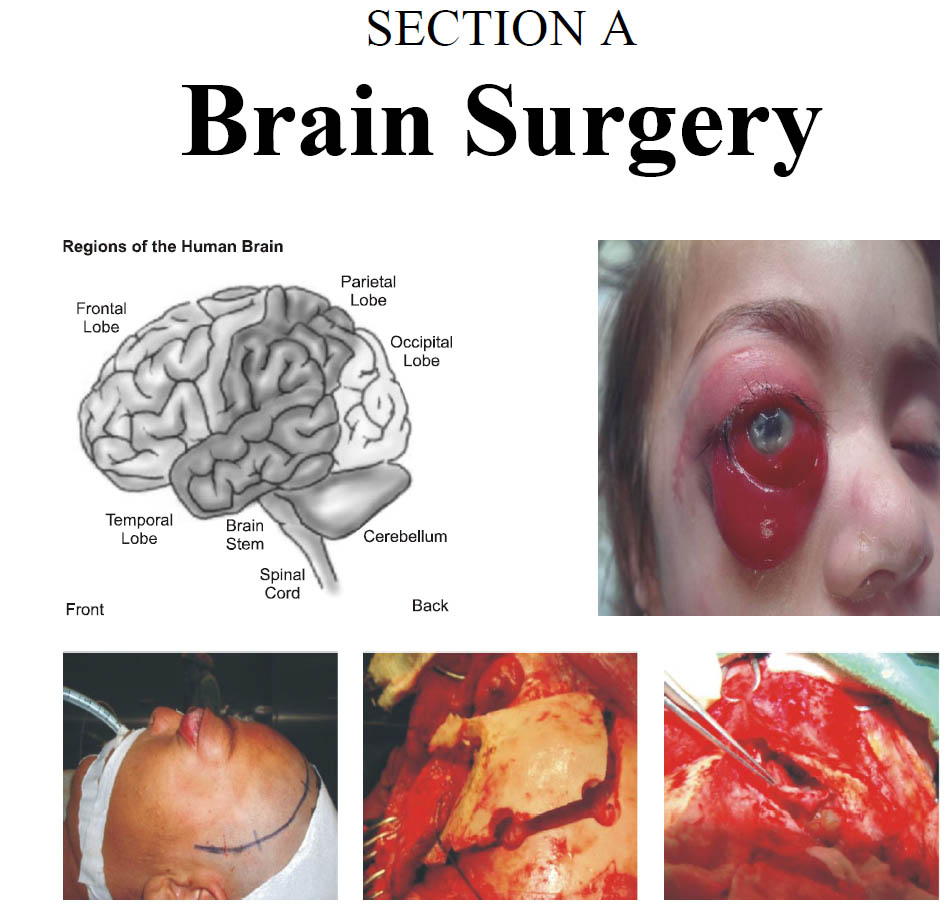Brain Death Islamic Perspective
DOI:
https://doi.org/10.36552/pjns.v24i1.395Keywords:
Brain death, Islam, Do Not ResuscitateAbstract
Western world has well defined criteria for declaring the patient brain dead and discontinuation of life support treatment. However in the Muslim world these methods and practices are seen with skepticism as to their acceptance from Islamic and Sharia point op view, which in fact is incorrect and is due to lack of knowledge and absence of Institutional guidelines on this matter. Islamic law permits the withdrawal of futile treatment, including life support, from brain dead patients allowing death to take its natural course. “Do not resuscitate” is permitted in Islamic law in brain dead patients. Euthenesia is however unacceptable in Islam. Although debate continues about the details of brain death criteria within Islamic scholars, brain death is accepted as true death by the majority of Mulim scholars and there is concensus on discontinuation of life support treatment in brain dead patients.
References
2. Miller, A. C., Ziad-Miller, A., & Elamin, E. M. (2014). Brain death and Islam: the interface of religion, culture, history, law, and modern medicine. Chest, 146(4), 1092–1101. doi:10.1378/chest.14-0130
3. Grundmann J. Shari’ah, brain death, and organ transplantation: the context and effect of two Islamic legal decisions in the Near and Middle East. Am J Islamic Soc Sci. 2005;22(4):1-25 [Google Scholar]
4. Babgi A. Legal issues in end-of-life care: perspectives from Saudi Arabia and United States. Am J Hosp Palliat Care. 2009;26(2):119-127 [PubMed]

Downloads
Published
Issue
Section
License
The work published by PJNS is licensed under a Creative Commons Attribution-NonCommercial 4.0 International (CC BY-NC 4.0). Copyrights on any open access article published by Pakistan Journal of Neurological Surgery are retained by the author(s).












